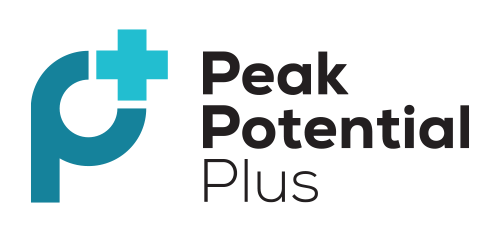Introduction
Catastrophizing, a cognitive distortion where individuals magnify the potential negative outcomes of a situation, can be a significant impediment to mental well-being. In this exploration, we delve into effective strategies to break free from the clutches of catastrophic thinking, paving the way for a more positive and resilient mindset.
Understanding Catastrophizing
Catastrophizing is more than just negative thinking; it involves envisioning the worst possible outcomes. Recognizing the signs and triggers of catastrophic thoughts is the first step in overcoming this mental hurdle. By acknowledging the irrationality of these exaggerated scenarios, individuals can initiate a process of cognitive restructuring.
The Toll on Mental Health
Chronic catastrophizing takes a toll on mental health, often contributing to heightened anxiety and depression. Understanding the profound impact on overall well-being emphasizes the urgency of addressing these negative thought patterns. The persistent stress associated with catastrophic thinking can lead to physical symptoms, affecting sleep, appetite, and overall vitality.
Cognitive Behavioral Therapy (CBT) Techniques
Cognitive Behavioral Therapy offers practical tools to reframe and challenge catastrophic thoughts. Through targeted exercises, individuals can gain control over their thinking patterns and develop healthier perspectives. Techniques such as cognitive restructuring involve identifying and challenging irrational thoughts, replacing them with more balanced and realistic alternatives.
Mindfulness Practices for Cultivating Awareness
Mindfulness acts as a powerful interrupter to catastrophic thinking. By staying present and cultivating awareness, individuals can break free from the cycle of negative thoughts that lead to catastrophic scenarios. Mindfulness meditation, focused breathing exercises, and body scans are effective practices to anchor the mind in the present moment.
Cultivating Emotional Resilience
Emotional resilience plays a crucial role in overcoming catastrophizing. Building the ability to bounce back from setbacks empowers individuals to face challenges with greater equanimity. Resilience is nurtured through experiences that challenge and strengthen one’s capacity to adapt positively to adversity.
Positive Affirmations and Reframing
Positive affirmations and cognitive reframing are potent tools to shift the narrative from negative to positive. By consciously choosing empowering thoughts, individuals can reshape their mental landscape. Affirmations act as anchors of positivity, fostering a mindset that is more resistant to the pull of catastrophic thinking.
Seeking Social Support
The importance of a robust support system cannot be overstated. Sharing concerns with friends, family, or mental health professionals provides valuable perspectives and reassurance. Building a network of understanding individuals creates a safety net, diminishing the isolation often associated with catastrophizing.
Physical Exercise for Mental Resilience
Physical exercise not only benefits the body but also has profound effects on mental resilience. Regular exercise mitigates the physiological aspects of stress and anxiety associated with catastrophizing. Endorphin release during exercise contributes to an improved mood and a more positive outlook on life.
Creative Outlets as Cathartic Releases
Engaging in creative pursuits provides an outlet for expressing and processing emotions. Artistic expression becomes a cathartic release, channeling catastrophic thoughts into something constructive. Whether through painting, writing, or music, creativity offers a therapeutic avenue for transforming negative energy into a positive and productive force.
Setting Realistic Goals and Expectations
Setting realistic goals is a fundamental aspect of preventing catastrophizing. Striking a balance between ambition and achievable outcomes fosters a sense of accomplishment and reduces the likelihood of catastrophic thinking. Break down larger goals into smaller, more manageable steps, celebrating victories along the way to build a sense of competence and control.
Daily Habits for Long-Term Well-being
Consistent daily habits contribute to long-term well-being. Cultivating positive practices, whether through mindfulness, exercise, or creative outlets, establishes a foundation for overcoming catastrophizing over time. Implementing a daily routine that includes moments of self-care and reflection strengthens mental resilience, making it easier to face challenges with a balanced perspective.
In breaking free from the shackles of catastrophic thinking, individuals pave the way for a brighter and more resilient future. These strategies, when applied consistently, empower individuals to reclaim control over their thoughts and foster a positive outlook on life. As the journey unfolds, the transformation from a mindset of fear and anxiety to one of confidence and optimism becomes not only possible but achievable.




















